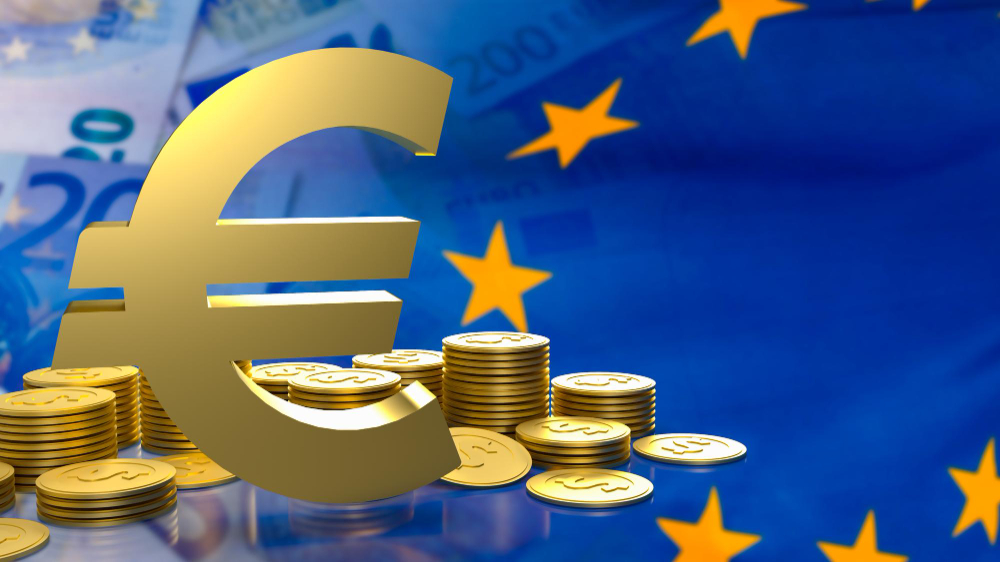Europe is considered the far elitist out of the world’s economies. Having been home to more revolutionary global events like the Industrial Revolution- the European economy is at the forefront of the world’s leading economies. The establishment and the successful functioning of the European Union and the various trade and economic benefits that arose because of it have also adapted into being fundamental reasons for the extreme development and success of the European Economy as opposed to other successful economies.
In recent years the European region has faced several unforeseen challenges that have profoundly impacted its financial situation. This article will examine the challenges and the prospects for Europe’s future.

Effect on the economy due to the pandemic.
The COVID-19 pandemic was unprecedented to many economies of the world. The challenges it brought out in hospice care, industries, and various other industries caused a worldwide halt in many economies. The economic contraction faced by Europe due to the halting struggle of the Supply Chains and the severe wave of unemployment rates soaring caused major blows to this steadfast economy.
The government’s responses with care packages and relief for citizens, vaccination campaigns, and various other effects to mitigate the spread of the virus and the collapse of the economy were all added to making the economy unsteady. The road to recovery for the European economy was quite long, and they are still at the recovery stages as inflation is still a significant issue for many European nations. The lingering impacts of the pandemic such as this are still risks for the economy’s recovery process.
Transformation and technology
Europe is at the forefront of digital developments in the world. The digital revolution has long since been an advocate of development. Artificial Intelligence and its integration into day-to-day functionalities have begun to emerge worldwide, especially in Western nations. Innovations in this sector include advanced digital payment methods, blockchain systems, and complete integration of technology into the financial and banking systems have contributed to the increased efficiency and ease of economic activities. Acquiring the digital space and functioning inside it also does raise significant concerns regarding data privacy, regulation, and cyber security of these systems. The digitalization of economic and financial sectors is a practical stand for the development and ease of access in the financial sectors of the area. This help eases the use and management of the industries and protects and gives updated and proper statistical responses in the economic sectors. This development in digital space is vital in facing the trajectory of the world. Digital innovation is crucial to cope with and meet the customers’ various economic and financial needs in these areas.
Debt Crisis.
Many European nations, including countries like Greece, have been in major public debt traps for a very long time. Public debt is the government’s obligation where individuals of the state/ country are called to contribute with their capacity as taxpayers to provide funds. These high levels of public funds and the structural weaknesses of these economies occurring due to internal governance and the pandemic led to financial instability. This level of debt crisis within the European Union raised significant concerns about the near future of the Eurozone. To avoid a considerable collapse within the regional economy, the EU implemented various financial mechanisms like the European Stability Mechanism to ensure that the economy and financial situation remained intact within the EU.
Brexit and interferences to trade.
Brexit is the term used to identify Britain’s decision to leave the European Union. This action had severe economic consequences for the United Kingdom and the European Union. This withdrawal disrupted trade that had been smoothly functioning for years. It gave way to many complexities for the European Union as London worked as a significant hub of Finance for the European Union. Uncertainties persist even though the two entities have severed legal ties.
Low-interest rates and the monetary policy
Europe’s financial setting is narrated by the European Central Bank, which shaped its financial landscape using any monetary policy measures necessary. The ECB maintained low-interest rates to counter the threats and effects of the major economic failures and challenges due to the pandemic. These rates reported the lowest possible ever seen in EU history. These were implemented to ensure inflation does not rise uncontrollably, causing problematic living conditions. These prolonged low-interest rates, however, also resulted in imbalances in bank profitability and asset prices, posing a significant risk to financial stability. The monetary policy and maintenance of interest rates remain a substantial risk that needs to be closely monitored.
Concluding remarks
The financial situation in Europe is a landscape of various complexities, challenges, and opportunities. These all assist in changing the dynamics of the world and the region for the better or, the worse. The economic challenges that create financial instabilities within the European regions affect each country and its economies differently. However, as these countries are collectively integrated through the Euro Zone and the various trade and economic agreements, these adverse effects are collectively influencing all economies under the European Union. The major driving cause was pandemic, which began at the offset of late 2019 and became the turning point of Europe’s economic and financial instability. The delicate balance and order between these factors and the high-risk factors, which are still an imminent threat, still exist as a challenge that hinders sustainable economic growth, economic development, financial resilience, and economic prosperity in the European Union.
All these regional countries and the collective work towards development have fostered the effects of the hindering economic conditions and created significant growth in economic activities compared to other nations in the African and Asia Pacific regions. Having had a strong economy, to begin with, played to the advantage of this. Therefore, Europe can reach into the foreseeable future as a prosperous and resilient nation.



